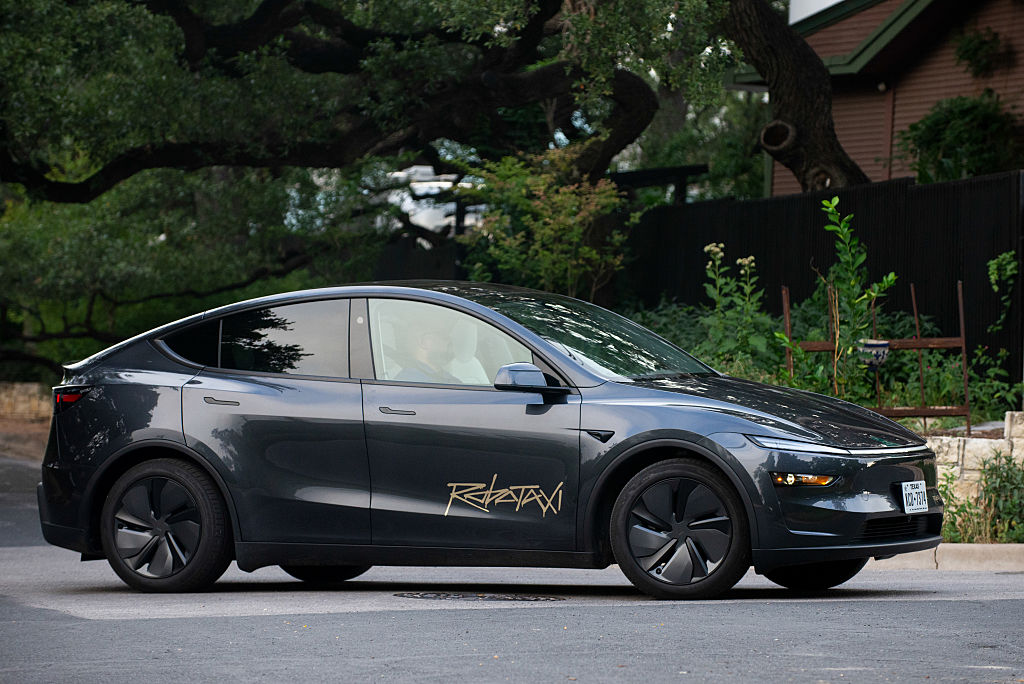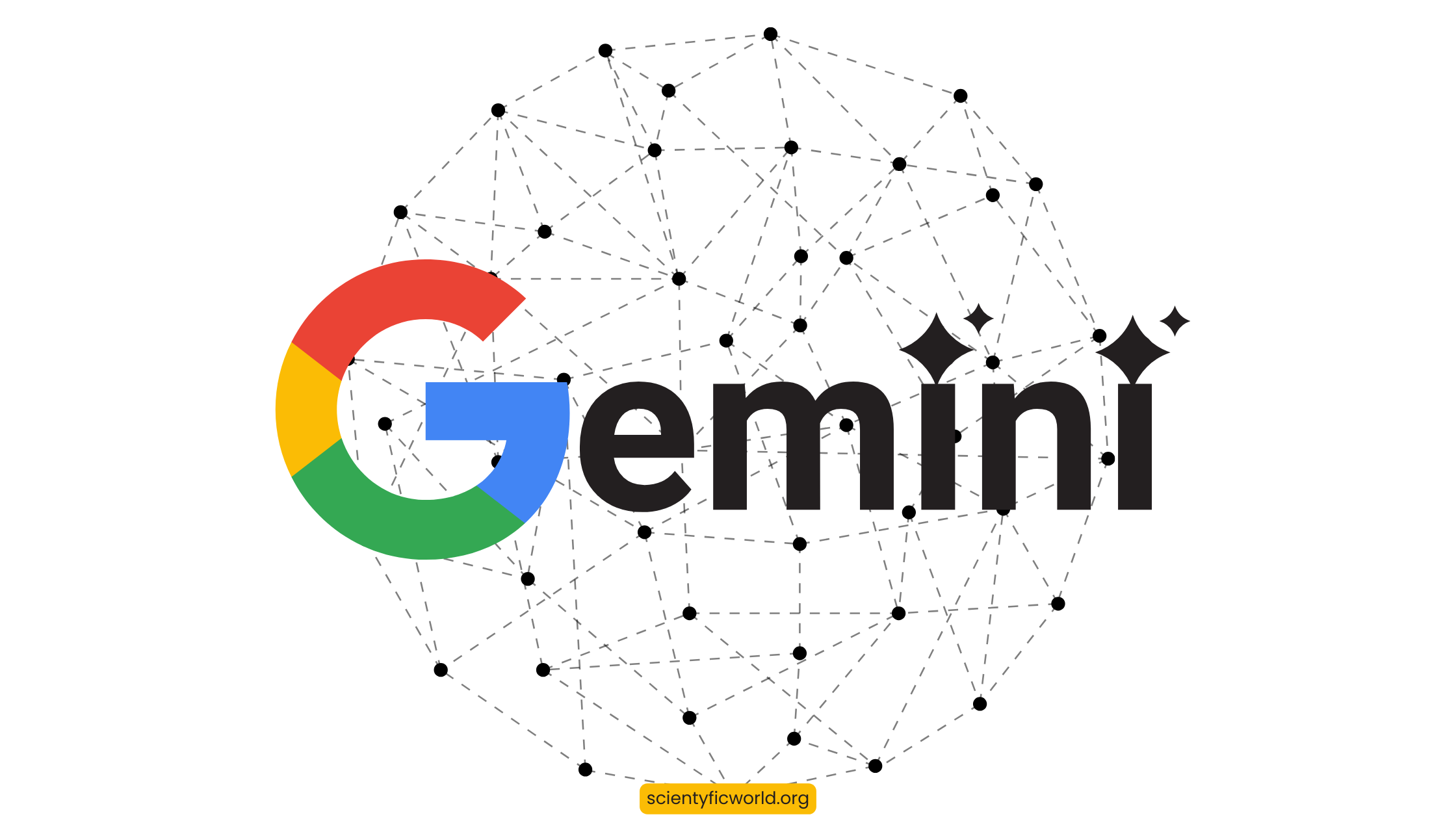In a significant advancement for climate change mitigation, Mati Carbon, an Indian company specializing in enhanced rock weathering, has been awarded the $50 million grand prize in the XPRIZE Carbon Removal competition. This competition, funded by the Musk Foundation, aims to accelerate the development of scalable carbon capture technologies to address global warming.
The XPRIZE Carbon Removal Competition
Launched in 2021, the XPRIZE Carbon Removal competition is a four-year global initiative designed to foster innovative solutions for extracting carbon dioxide (CO₂) from the atmosphere or oceans and sequestering it sustainably. The competition attracted over 1,300 teams from 88 countries, each striving to develop technologies capable of removing significant amounts of CO₂ to combat climate change. The ultimate goal is to achieve gigaton-scale carbon removal by 2050, aligning with the International Panel on Climate Change’s (IPCC) recommendations to limit global temperature rise.
Mati Carbon’s Winning Technology
Mati Carbon’s approach centers on enhanced rock weathering, a natural process where certain minerals react with CO₂ to form stable compounds, effectively removing the gas from the atmosphere. By grinding basalt—a volcanic rock rich in reactive minerals—into fine particles and spreading it over agricultural fields, the company accelerates this natural weathering process. When rainwater interacts with the basalt dust, chemical reactions occur that convert atmospheric CO₂ into bicarbonate, which is eventually washed into the oceans and stored for thousands of years.
This method not only sequesters carbon but also enriches the soil with essential nutrients, enhancing crop productivity. Farmers have reported yield increases of up to 25% in fertilized soils and between 50% to 70% in degraded soils. Additionally, the basalt application improves soil water retention, making crops more resilient to drought conditions.
Implementation and Impact
Mati Carbon provides basalt to farmers at no cost, funding the initiative through a combination of grants and the sale of carbon removal credits. The company anticipates delivering approximately 5,000 to 6,000 metric tons of carbon removal credits this year. By the early 2030s, Mati aims to reduce the cost of these credits to below $100 per metric ton, with a long-term target of $70 to $80 per metric ton.
To ensure the effectiveness of their carbon sequestration efforts, Mati conducts thorough soil sampling, taking eight samples for every three acres of farmland. As their database expands and models become more accurate, the company expects to streamline this process, requiring fewer samples over time.
The potential reach of Mati’s technology is vast. Approximately 200 million smallholder farmers, managing around 800 to 900 million acres of farmland, could benefit from enhanced rock weathering. Implementing this method on a large scale could result in the removal of more than a gigaton of CO₂ annually while simultaneously increasing the income of farmers in developing regions.
Broader Context and Future Prospects
The XPRIZE Carbon Removal competition has highlighted a diverse array of innovative carbon capture solutions. Runner-up NetZero focuses on producing biochar from crop residues, which can be used as a soil amendment to store carbon and improve soil health. Other notable finalists include Verdox, which combines electrochemical carbon capture with Carbfix’s carbon mineralization approach, and Silicate, which utilizes carbonate-bearing materials for terrestrial enhanced weathering.
These varied approaches underscore the importance of a multifaceted strategy in addressing climate change. Experts emphasize that carbon removal technologies should complement, not replace, efforts to reduce greenhouse gas emissions. A combination of emissions reductions and scalable carbon removal solutions is essential to mitigate the worst effects of climate change.
Mati Carbon’s success in the XPRIZE competition serves as a testament to the potential of simple, nature-based solutions in the fight against climate change. By leveraging the natural process of rock weathering and integrating it with agricultural practices, Mati offers a scalable and cost-effective method for carbon sequestration that also provides tangible benefits to farmers worldwide.



